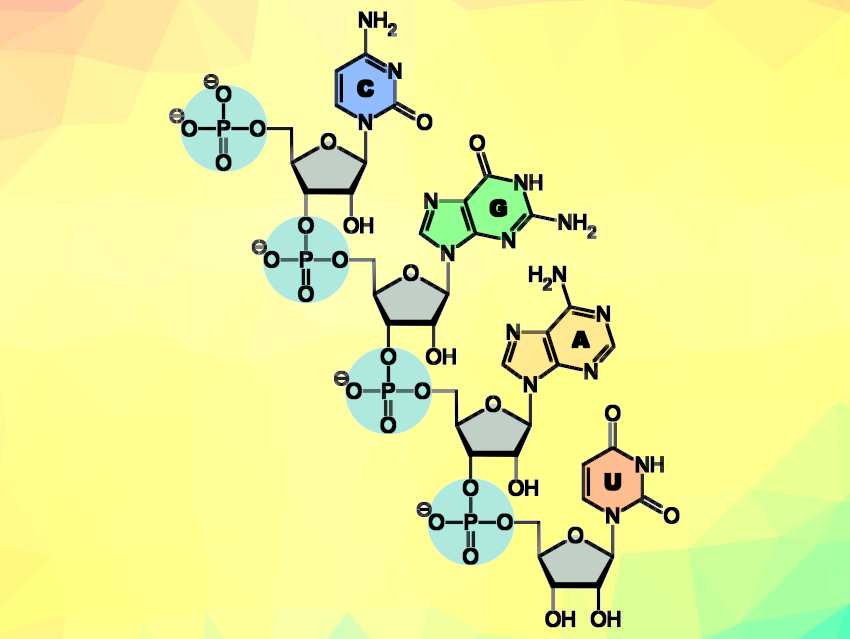The first and probably most important step of any RNA experiment is sample purification. So far, extraction with spin columns or magnetic bead-based protocols for specific RNA targeting have been the methods of choice. However, their relatively low yield and specificity as well as high costs and quite complex setups can be major disadvantages.
To overcome these limitations, Ken Halvorsen, University at Albany, State University of New York, USA, and colleagues have developed a new strategy for single species RNA purification and detection using DNA nanoswitches. These consist of linear double-stranded DNA (dsDNA) chains with two single-stranded (ssDNA) capture probes. The latter can bind an RNA target and induce a conformational change of the nanoswitch into a loop structure. The size of this loop determines the migration capability of the nanoswitches during gel electrophoresis, which is used for separation. After the electrophoresis and gel excision, the DNA nanoswitches are digested together with the gel pieces. In the last step, the digested byproducts are removed using a commercially available kit, and the purified RNA samples are obtained.
The described method can also be applied to the analysis of multiplexed samples. By size variation of the loop formed by the DNA nanoswitch and the respective target RNA, up to five different RNA molecules could be isolated and purified without notable cross-contamination. In combination with further analysis techniques, this facilitates the identification and location of specific RNA modifications.
- Single species RNA purification using DNA nanoswitches,
Arun Richard Chandrasekaran, Lifeng Zhou, Ken Halvorsen,
Trends Biochem. Sci. 2022.
https://doi.org/10.1016/j.tibs.2021.12.006




